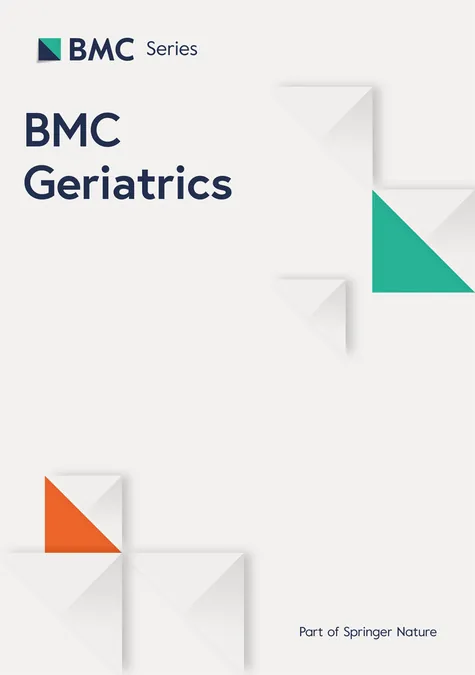
The Hidden Struggles: Understanding Frailty Among Older Korean American Immigrants
2024-12-04
Author: Michael
Frailty: A Silent Epidemic Among Older Adults
Frailty, a condition characterized by decreased physiological resilience and increased vulnerability to stressors, remains a significant health concern for older adults, particularly affecting their functional abilities and overall health. It is estimated that frailty affects between 4% and 24% of community-dwelling older adults, with a noticeable prevalence among women and racial/ethnic minorities.
Key contributing factors to frailty include nutritional deficits, physical inactivity, cognitive impairments, social isolation, and aspects related to socioeconomic status, such as educational attainment and income levels. Unlike the inevitable process of aging, frailty can be dynamically addressed; improvements are possible through early detection and tailored interventions. This highlights the urgent need to pinpoint distinct determinants of frailty within specific demographics—particularly marginalized groups such as older Korean American immigrants (OKAIs).
Immigrant Vulnerability: A Concern Beyond Borders
Research from Europe indicates that older racial/ethnic minorities, particularly immigrants from low- and middle-income countries, are at greater risk of frailty than their native counterparts. Factors such as limited English proficiency (LEP), low levels of acculturation, and systemic barriers within healthcare contribute to this heightened vulnerability. The lack of access to appropriate healthcare services often results in a cycle of health disparities that exacerbate frailty over time.
While various studies in the US have primarily concentrated on White and African American populations, there is a marked deficit in research targeting Asian communities. OKAIs encounter unique challenges, including maintaining their ethnic identity and cultural practices, which can further hinder their health outcomes. As such, understanding the specific obstacles faced by OKAIs is essential for developing effective interventions.
A Closer Look at Older Korean American Immigrants
This study delves into the factors contributing to frailty among OKAIs, particularly in suburban areas with a significant Korean population but limited access to culturally appropriate healthcare facilities. By engaging in focus group interviews, researchers sought to unveil the collective experiences and perceptions that shape frailty in this demographic.
Understanding the Determinants: Methodology Revealed
Utilizing a qualitative research approach, the study gathered insights from a convenience sample of 10 OKAIs. Participants were interviewed in their native language, ensuring that cultural nuances were respected and accurately conveyed. Important data, including personal demographics, health status, and perceived health literacy, was collected through structured surveys prior to the interviews.
During the interviews, factors such as health literacy, physical activity, diet, and mental health emerged as significant points of discussion. A concerning trend revealed that while participants possessed sound knowledge regarding healthy habits, their limited English proficiency severely restricted their ability to access vital health information and services.
Breaking Down Barriers: Language and Health Literacy
The findings highlighted LEP as a principal barrier for OKAIs in seeking healthcare. Many had difficulty scheduling appointments, understanding medical information, and communicating with healthcare providers. This lack of access to language-appropriate services often resulted in delayed care and missed treatment opportunities, thereby contributing to the progression of frailty.
Despite the challenges, many participants were proactive about their health, finding ways to seek care—either by relying on their children’s support or making long trips to larger cities with suitable clinics. However, the study underscored the need for greater resources, such as language translators and community education programs, that could enhance health literacy among this population.
Cultural Considerations: Nutrition and Lifestyle
While OKAIs retained a strong affinity for traditional Korean cuisine, their dietary habits exhibited potential nutritional deficiencies. Many struggled to meet recommended intake levels for essential nutrients, primarily due to inadequate access to fresh ingredients. This presents an opportunity to explore culturally sensitive dietary interventions that respect their preferences while promoting healthier choices.
Physical activity was another area of concern. Although participants displayed a general willingness to engage in physical activity, environmental factors—such as poor outdoor conditions and safety concerns—hindered their ability to stay active. This insight points to a pressing need for community efforts aimed at creating safer, more accessible environments for older adults.
Social Connections: The Importance of Community Engagement
The impact of COVID-19 exacerbated feelings of isolation among participants, as social gatherings diminished. Most reported relying heavily on their spouses for emotional support, which sometimes led to interpersonal stress due to the lack of broader social interactions. Initiatives aimed at fostering community engagement and support networks could alleviate feelings of loneliness and enhance emotional well-being.
Looking Ahead: Implications for Future Interventions
This study serves as a crucial starting point for addressing frailty in older Korean American immigrants. It highlights the need for culturally informed interventions that consider the unique barriers faced by this demographic, from language issues to dietary preferences and mental health challenges.
It’s essential to pursue additional research that expands on these findings, includes larger sample sizes, and addresses diverse racial and ethnic backgrounds. Efforts should be geared toward developing robust community programs, improved healthcare services, and educational resources that empower OKAIs and enhance their overall health outcomes.
In Summary
Understanding and addressing the multifaceted factors contributing to frailty among OKAIs is vital. By acknowledging their unique cultural context and barriers, we can tailor effective interventions that not only combat frailty but also promote enriching lives within this resilient community. The journey toward healthier aging for older Korean Americans is not just an effort toward healthier individuals; it represents a commitment to fostering stronger, interconnected communities.


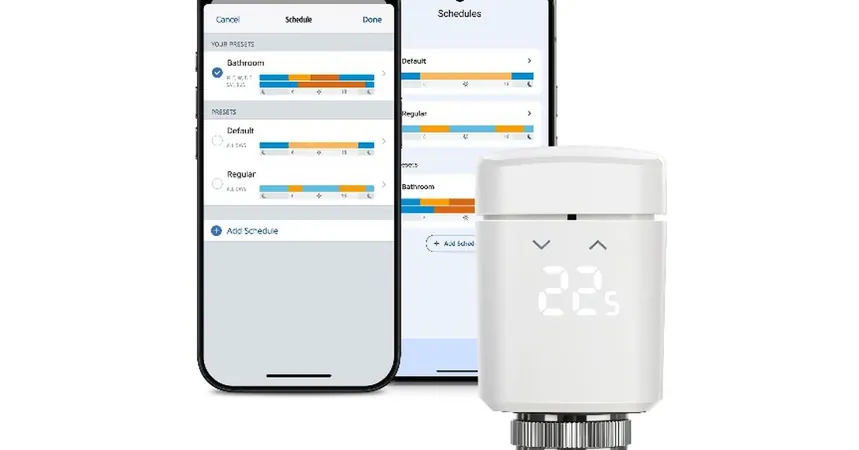
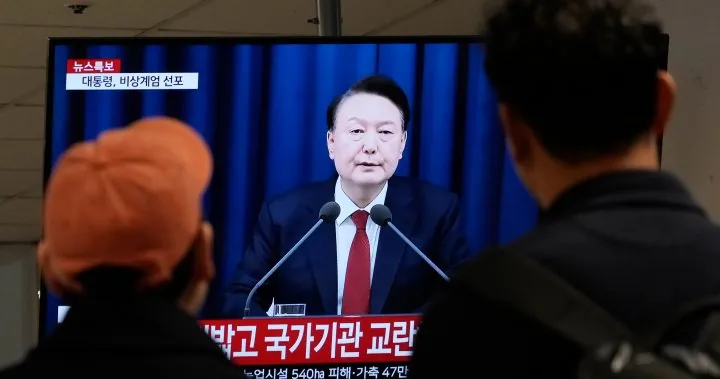
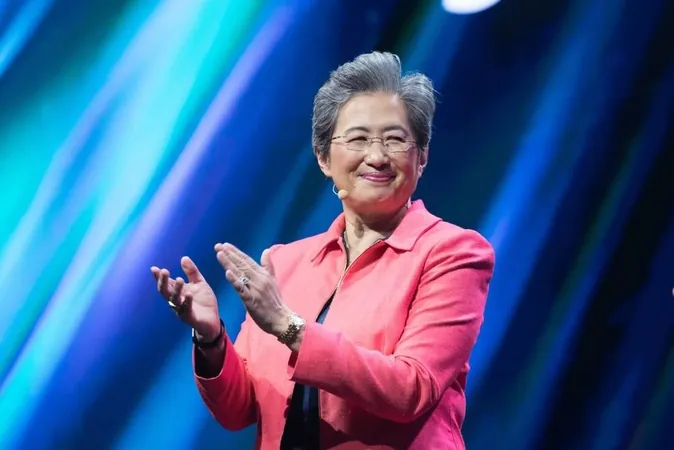
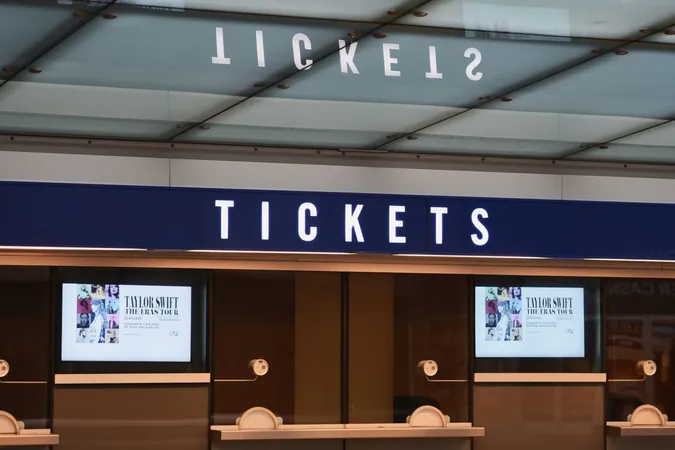



 Brasil (PT)
Brasil (PT)
 Canada (EN)
Canada (EN)
 Chile (ES)
Chile (ES)
 España (ES)
España (ES)
 France (FR)
France (FR)
 Hong Kong (EN)
Hong Kong (EN)
 Italia (IT)
Italia (IT)
 日本 (JA)
日本 (JA)
 Magyarország (HU)
Magyarország (HU)
 Norge (NO)
Norge (NO)
 Polska (PL)
Polska (PL)
 Schweiz (DE)
Schweiz (DE)
 Singapore (EN)
Singapore (EN)
 Sverige (SV)
Sverige (SV)
 Suomi (FI)
Suomi (FI)
 Türkiye (TR)
Türkiye (TR)